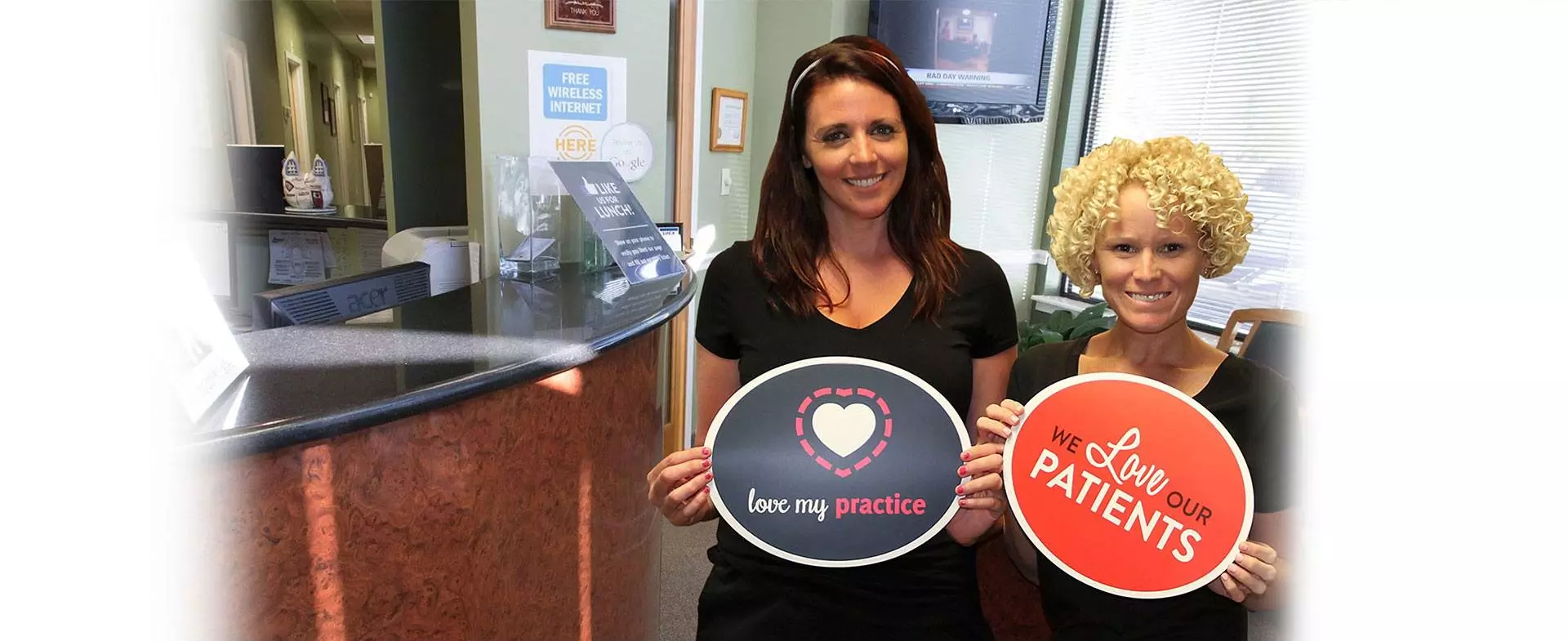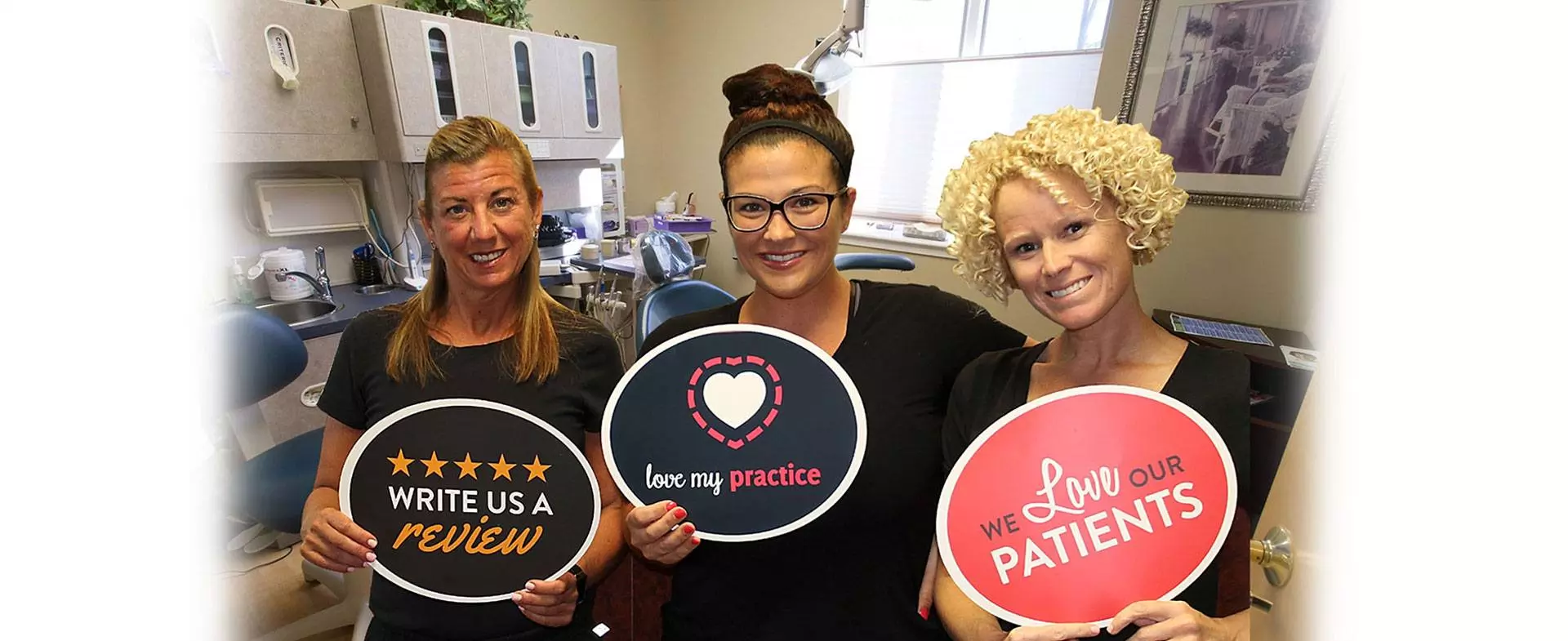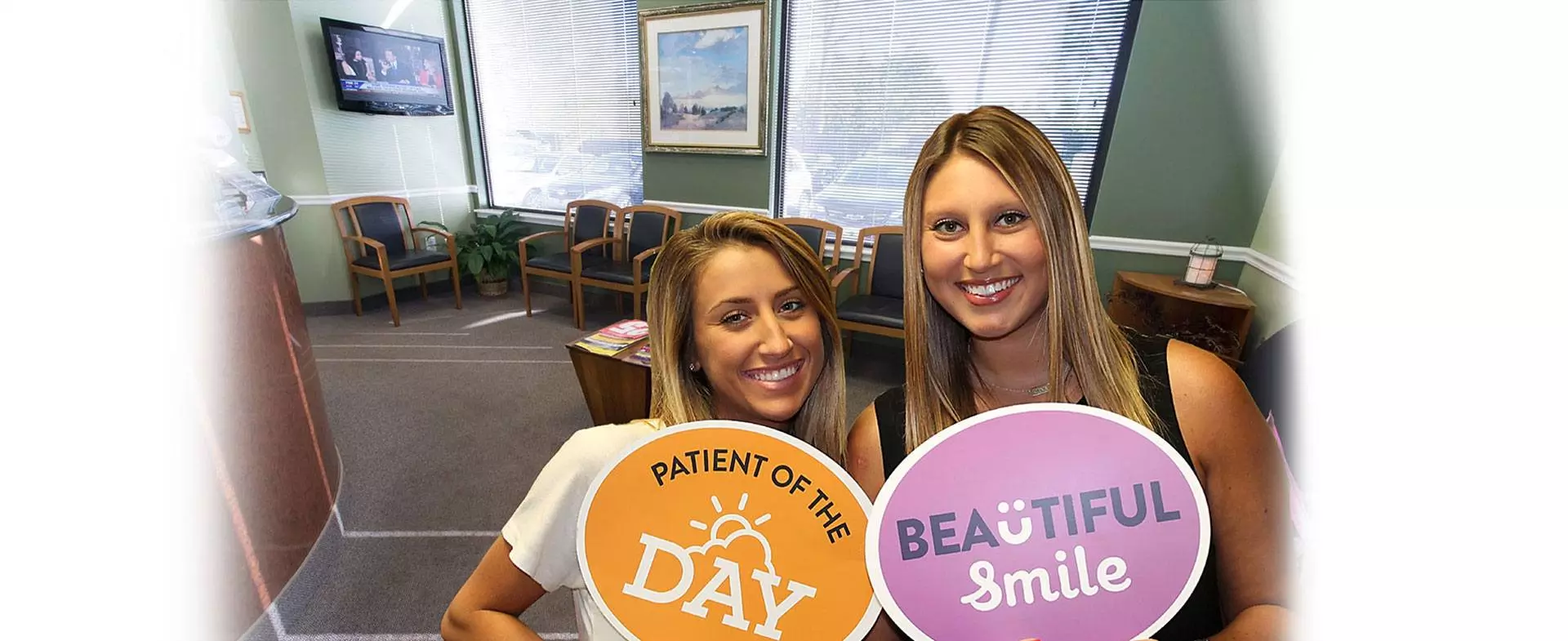Frequently Asked Questions in Blue Bell, PA
Do you have questions about your oral health or treatment options? Please read our FAQ page to find answers! If you have additional questions or to schedule a consultation with Our dentists in Blue Bell, PA, please call Dental Arts Of Blue Bell at 215-643-9430 to speak with our team. We will be happy to provide you with more information.
Visiting the dentist regularly is more than a routine; it’s a preventive measure. While some believe that skipping dental visits saves money, in the long run, it leads to higher costs due to the need for more complex treatments. Regular check-ups allow for early detection and prevention of oral health issues, ensuring your teeth and gums stay healthy. We recommend scheduling visits twice a year for optimal care.
Brushing alone can’t clean every nook and cranny of your mouth. Flossing reaches the tight spaces between teeth and under the gumline, removing plaque and bacteria that could lead to dental issues. Make flossing a daily habit to keep your mouth clean and healthy.
For the best oral hygiene, brush your teeth at least twice daily, with a special emphasis on brushing before bedtime. Use an ADA-approved soft-bristled toothbrush and fluoridated toothpaste. Flossing once a day is essential, and we also suggest incorporating a mouth rinse into your routine. If you have any questions about your oral care regimen, don’t hesitate to reach out to us.
Dental X-rays are incredibly safe and expose you to minimal radiation — significantly less than what you receive from natural sources like the sun. With advancements in digital imaging and stringent safety regulations, including checks every two years, dental X-rays are safer than ever.
We understand dental anxiety is real and take your concerns seriously. Our team is here to make your visits as comfortable as possible, utilizing a range of techniques from sedation dentistry to noninvasive treatments to alleviate fear. Don’t hesitate to discuss your anxieties with us; we’re here to help.
According to the American Academy of Pediatric Dentistry (AAPD), your child’s first dental visit should be scheduled six months after their first tooth appears or by their first birthday. Early visits help your child get accustomed to the dental office and allow us to monitor their oral development closely.
Teeth formation begins in the womb, with the first teeth typically appearing between 6 and 10 months of age. Once your child has two adjacent teeth, it’s time to start flossing to maintain their oral health.
Primary teeth play essential roles in speech development, nutrition, and maintaining space for permanent teeth, contributing to overall oral health. It’s crucial to care for these teeth diligently, and we’re here to guide you through your child’s oral health journey.
Cosmetic dentistry focuses on enhancing the appearance of your smile, encompassing a wide range of treatments from teeth whitening and dental veneers to orthodontics. Whether you’re looking to brighten your smile or correct alignment, we offer solutions tailored to your needs.
Losing a tooth can be distressing, but several effective replacement options are available, including dental implants, bridges, and dentures. We’ll work closely with you to determine the best solution to restore your smile and functionality.
A root canal is a procedure to treat teeth that are severely decayed or infected, removing the damaged inner tissue and sealing the tooth to prevent further issues. Despite their reputation, modern techniques ensure root canals are as pain-free as possible.
Orthodontics is a specialty field focusing on the correction of dental and facial irregularities. It’s not just for children; adults can benefit too. We recommend a screening by age 7 to identify any potential issues early on, but treatment is available for patients of all ages to achieve a healthier, more aligned smile.
Periodontal disease, or gum disease, begins as a bacterial infection of the gums that can progress to affect the bone supporting your teeth. Regular screenings are vital for early detection and management to prevent advanced disease.
Symptoms of gum disease include:
- Red, swollen or tender gums
- Easy bleeding of the gums, such as when flossing or brushing
- Gum recession
- Loose or separating teeth
- Pus between the teeth and gums
- Persistent bad breath
- Changes in your bite
- Changes in the fit of oral appliances
Halitosis (bad breath) can be caused by a number of factors, such as poor oral hygiene gum disease, cavities, morning time, dry mouth, poorly fitted appliances and use of tobacco products. You can prevent bad breath by visiting our dentist regularly, staying hydrated, practicing good oral hygiene, using mouth rinses and avoiding the use of tobacco products. If your halitosis continues, you may need to consult ap physician to determine if it is caused by a medical condition.







